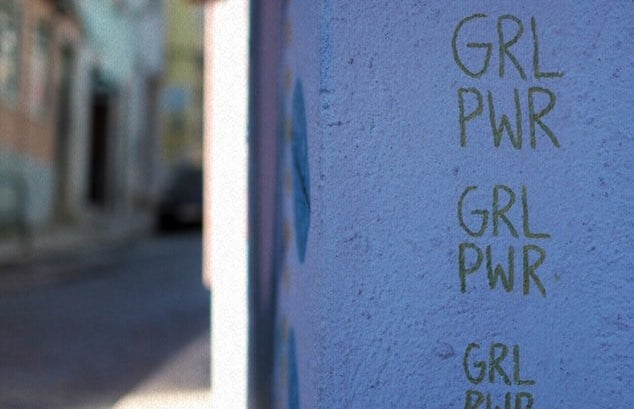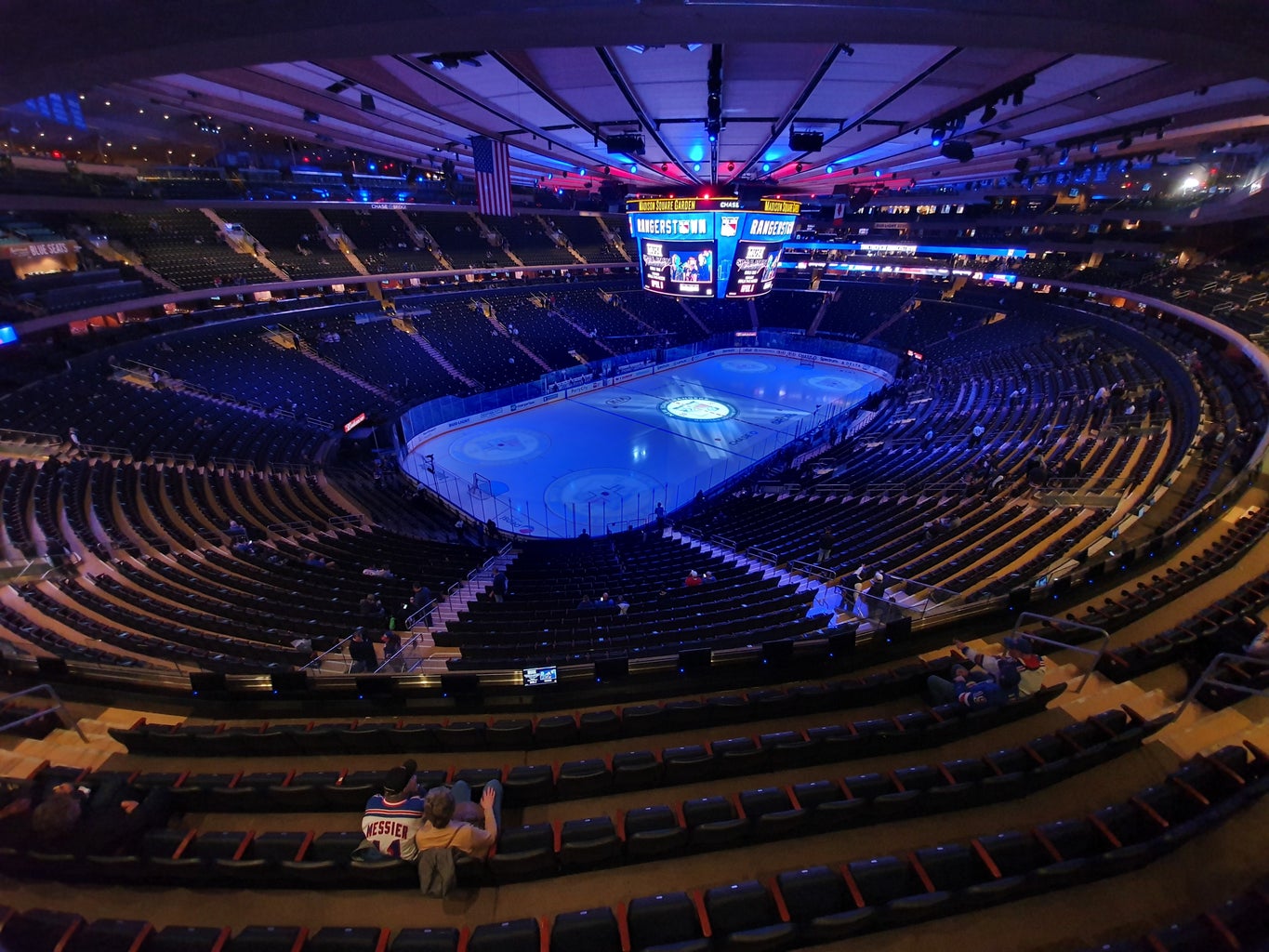In this year, perhaps just as legendary and rare as the mythical giant sea monster that Seattle’s team was named after, appeared Jessica Campbell. On October 8th, the opening night of the National Hockey League (NHL) 2024-2025 season, she would scribe her name into the storybooks by becoming the first ever female assistant coach in the league for the Seattle Kraken.
Side note: according to Britannica, a Kraken is a “legendary sea monster” likely imagined by sailors that came across octopi and giant squids and is a nod to Seattle’s maritime history alongside it being the habitat of the Pacific octopus.
Now that we know a bit more about the assistant coach and the origins of her team mascot, let’s go straight into the ocean for a deep dive on just who Jessica Campbell is.
On the ice
The Canadian used to be on the ice herself, giving her first-hand experience of the game. When she was younger, Jessica Campbell would play on both girls’ and boys’ hockey teams, where she resided in Canada. In college, Jessica Campbell played ice hockey for NCAA Division I school, Cornell University, for four years; she was the captain of the team her senior year.
When she played professionally, she was a forward for the Canadian Women’s Hockey League (CWHL) for the Calgary Inferno. She moved international to the top women’s professional league in Sweden in the 2019-2020 season.
She has medaled in all of the International Ice Hockey Federation World Championships that she has participated in, earning numerous awards and accolades, such as Most Valuable Player in 2010.
shattering the glass ceiling
Campbell has had her fair share of experience off the ice as well. Before making her way to the professional leagues, Campbell began her own skating and skill development business alongside being an assistant coach at RINK Academy; Campbell worked with a handful of NHL players during this period.
As her expertise grew more and more, she was able to market herself to an assistant coaching job for the Nürnberg Ice Tigers in Germany. This international position gave her the first opportunity to make history, in which she became the first woman behind the bench at the International Ice Hockey Federation (IHHF) men’s world championship.
Previously in the American Hockey League (AHL), which is the NHL’s primary developmental league, Campbell was hired in the Coachella Valley Firebirds (the Kraken’s AHL affiliate team) in 2022.
Evidently, she was making history behind the bench well before 2024, as she was also the first woman in such a coaching position in the AHL. She is credited to the immense success of the Firebirds and their consecutive Pacific Division and Western Conference Championships through her focus on the offensive strategy and with their power play, with the team even leading the AHL in scored goals in the 23-24 season.
This juxtaposition of achievement of the AHL team compared to the near calamity within their NHL team would lead to where Campbell is today. With a complete dump of the head management, leaving vacancies for the head and assistant coaching positions.
So, filling that void alongside former head coach of the Firebirds, Campbell broke another icy barrier that no woman had reached: coaching in the NHL for the Seattle Kraken.
Women’s History in professional ice hockey
What have you heard about women’s professional hockey? Not much? Me either. That’s because, in all honesty, its history is not quite extensive.
As much as I love this sport, it has been dominated — and continues to be — by men. The story of Jessica Campbell is inspiring, but almost concerning in a sense. Why are we just publishing these kinds of stories for the NHL?
The oldest organization within women’s hockey history, devoted solely to expanding the sport to girls and women, would be the Ontario Women’s Hockey Association. With the help of many women, the first national championship was held in Canada in the year 1982.
In 1992, Manon Rheaume became the first woman to play in an exhibition game for the Tampa Bay Lightning.
Professional leagues for women, such as the Canadian Women’s Hockey League (CWHL) and National Women’s Hockey League (NWHL), have existed, but with issues with salaries, attendance, and even the fall of the CWHL in 2019, female players have never truly been in an established and stable professional league. That changed of late.
In 2024, the creation of the Professional Women’s Hockey League (PWHL) with six inaugural teams came to fruition with a bang. With a fanbase, financial support, and devotion like no other, hockey fans are optimistic for the success of this league. Word is that the league is planning on expanding franchises to other cities within the country.
the future of women in professional ice hockey
What do these things mean for women? Currently, as a woman interested in pursuing a profession in sports, especially hockey, Jessica Campbell’s arrival alongside the PWHL illustrates possibilities anew. In my opinion, representation is essential for younger girls who, up to much of this point, haven’t seen a true presence of women in the professional sphere of ice hockey.
However, some things should be noted.
Campbell’s position is a historic landmark to be certainly celebrated, but at the same time, this is also just someone who has worked and earned her role through hard-earned merit as shown through her ascension to the NHL.
She is neither a diversity hire nor a grab for publicity. Just like the rest of the male coaches that surround her, she has been legitimately recognized for her skill set and deserves to be seen for her exceptional abilities, not just her gender.
My bottom line: Her achievement as the first female assistant coach in the NHL is nothing short of absolutely incredible and a wonderful accomplishment for women, but it should not be denoted without mentioning her comprehensive expertise in the sport cultivated from decades spent on and off the ice.
Even as an LA Kings fan, I will continue to root for her and the Kraken… except on November 23, January 18, April 7, April 15, and if we ever face each other in the playoffs.
Jessica Campbell is no man, no myth (unlike her team mascot), but definitely a legend.




